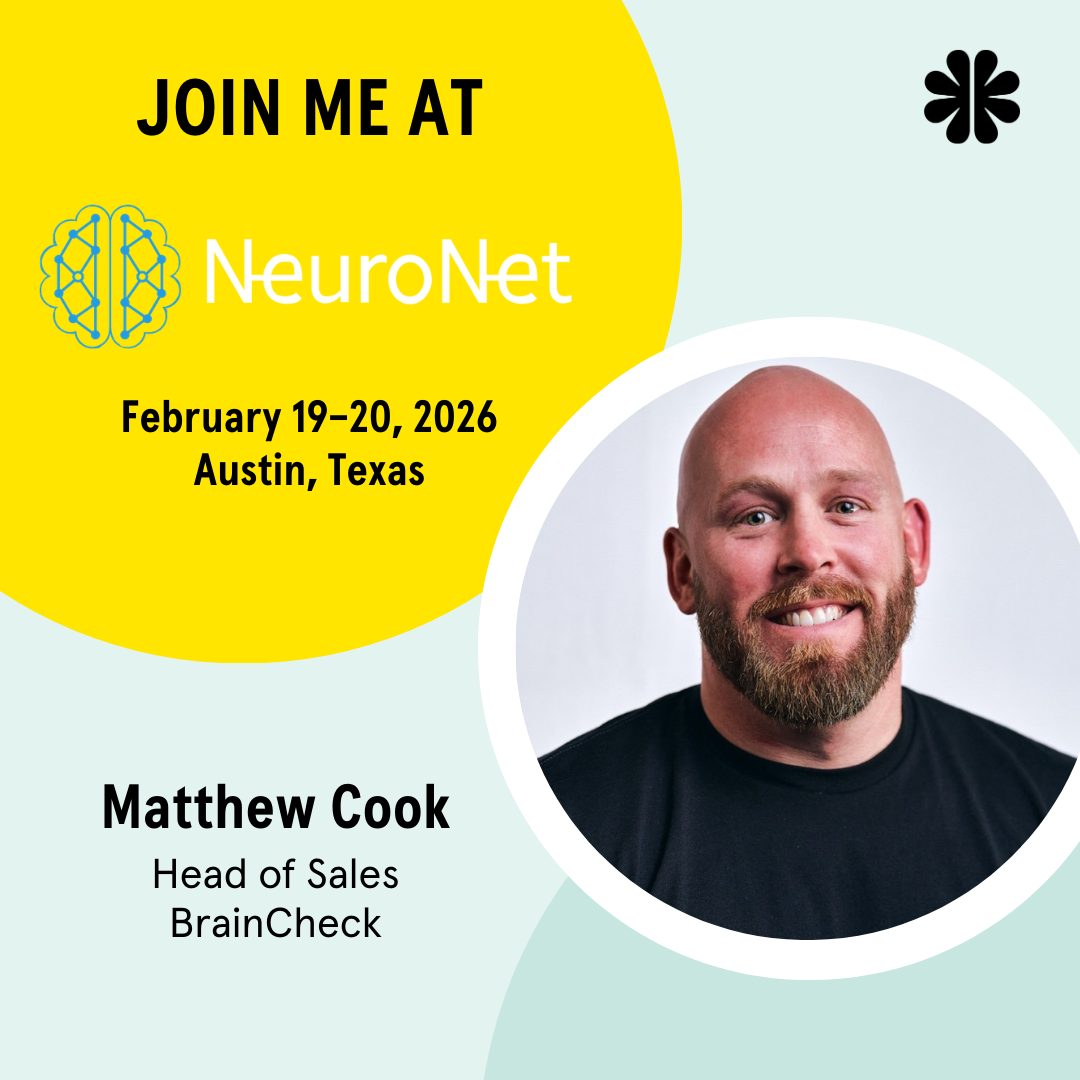From antidepressants and antipsychotics to anxiety medications and opioids, nearly 75% of older adults with dementia have filled prescriptions for drugs that do not necessarily help—and could aggravate—symptoms associated with cognitive decline. A recent study out of the University of Michigan funded by the National Institute on Aging was published in the journal JAMA, examining the effects of prescription drugs on dementia by following the prescription-filling patterns of 737,839 adults with dementia.
Off-label prescriptions for dementia
The study looked specifically at drugs that are often prescribed off-label for dementia patients, despite affecting the brain and nervous system. Some classes of psychoactive drugs are discouraged by the federal government for use in nursing home patients with dementia, although the community-based patients in the study were often prescribed them. Nearly half of those studied were given antidepressants, which were also shown to be prescribed for dementia patients at triple the rate prescribed for older adults overall.
Questioning the effectiveness of antidepressants on dementia
Lead study author Donovan Maust, M.D., M.S., a geriatric psychiatrist at the University of Michigan and VA Ann Arbor Healthcare System, explains that these drugs are often prescribed to lessen the withdrawal and apathy that can occur with dementia, but that they’re largely ineffective at doing so. “Apathy and withdrawal, and a tendency to get agitated, are common symptoms of dementia,” says Dr. Maust. “And as much as health care providers want to help these patients and their family caregivers, these medications are just not helpful enough to justify this amount of prescribing.”
What are the side effects of prescriptions on dementia?
Side effects are also common with psychoactive drugs, which can be challenging for adults with dementia to communicate to their health care providers and caregivers. Because they might appear more agitated, this situation often leads to yet another prescription to quell anxiety. Only 20% of the dementia patients studied were prescribed antipsychotics such as Abilify, Seroquel, or Risperdal—a class of drugs that has been proven to have greater benefits to patients experiencing cognitive decline than other psychoactive drugs.
Cognitive health tracking with BrainCheck
The study concludes, in part, that care providers need more support in addressing the symptoms of cognitive decline without prescription drugs. BrainCheck offers comprehensive cognitive health tracking that can help physicians, clinicians, and other care providers make data-based decisions on whether to prescribe a psychoactive medication for a dementia patient or choose a non-drug-based treatment. Clinicians are able to monitor changes in cognitive health over time to determine if treatment is working or if adjustments are needed.




